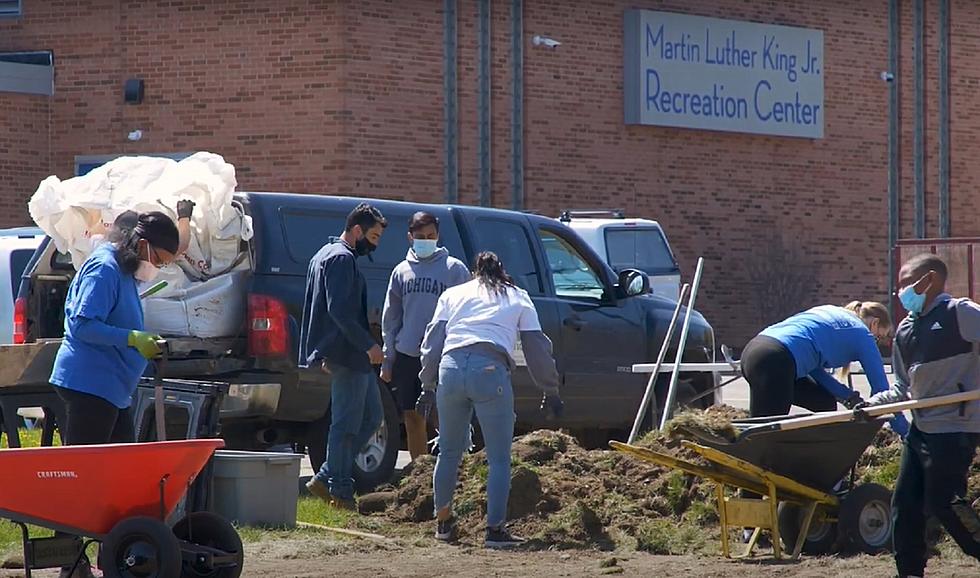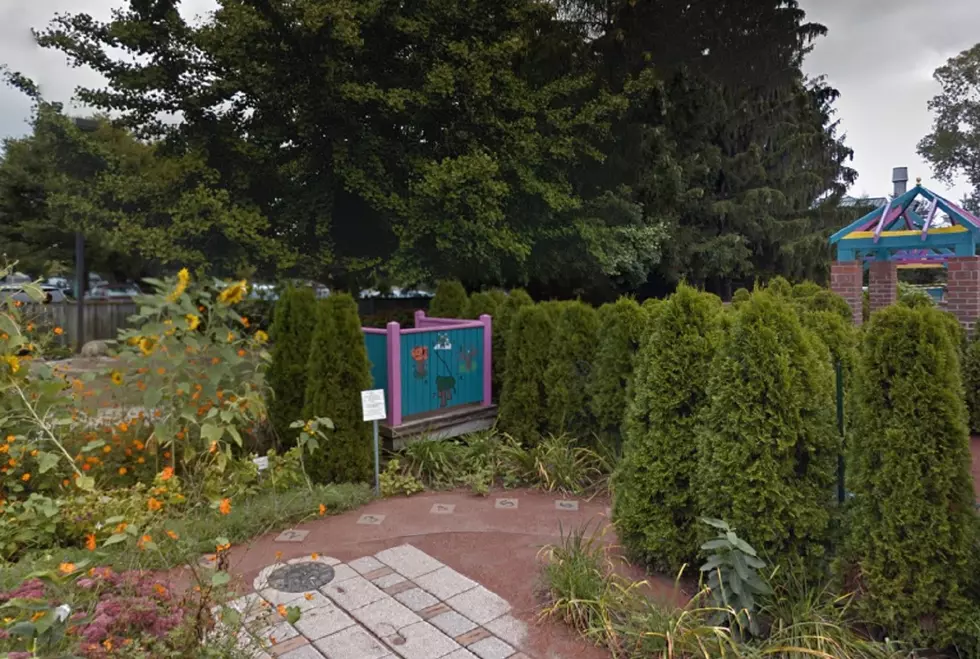
Why Aren’t Ann Arbor Residents Mowing Their Lawns Until June?
Ahead of Earth Day on April 22nd, the Ann Arbor City Council unanimously passed a new resolution that aims to conserve and protect "environmentally helpful creatures."
Earlier this month the "No Mow May" resolution was passed which encourages residents to forgo cutting their grass until after May 31st, with the hopes of facilitating the growth of dandelions, wildflowers, and other plants that are considered essential food sources to various groups of pollinators across Michigan. And this isn't something new! Communities across the globe have adopted this new trend, with Ann Arbor being the latest.

The resolution states that key pollinators, such as the bee population, "make use of no mow spaces as key floral resources during early spring in the Midwest United States." These pollinators are often threatened by habitat loss (often from mowing), pathogens, and parasites.
The U.S. Department of Agriculture says the critical pollinator population is at a crossroads.
Beginning in 2006, experts noted significant yearly declines in honey bee colonies....Years of research determined the decline was likely attributable to a wide range of stressors such as pests, diseases, pesticides... habitat loss, effects of climate variability, agricultural production intensification...and pollinator or crop management practices.
However, these key pollinators are not just limited to honey bees. Many insects and animals you wouldn't even think of are important players in the cross-pollination process like bats, birds, butterflies, moths, and even wasps! Adds the USDA, "A healthy pollinator population is vital to producing marketable commodities. More than 100 U.S. grown crops rely on pollinators."
The City of Ann Arbor says they are committed to help increase the pollinator population and hopes a month free of mowing is a step in the right direction. However, residents can't let their yards get too out of control as they are still responsible for maintaining public spaces like sidewalks and streets and must keep them free of debris.
Do you think we should bring this "No Mow" practice to West Michigan? I, for one, would love to see something similar here!
9 Animals That Are, Surprisingly, Legal to Own in Michigan
Historic Bridge Park in Battle Creek, Michigan
More From 94.9 WMMQ









